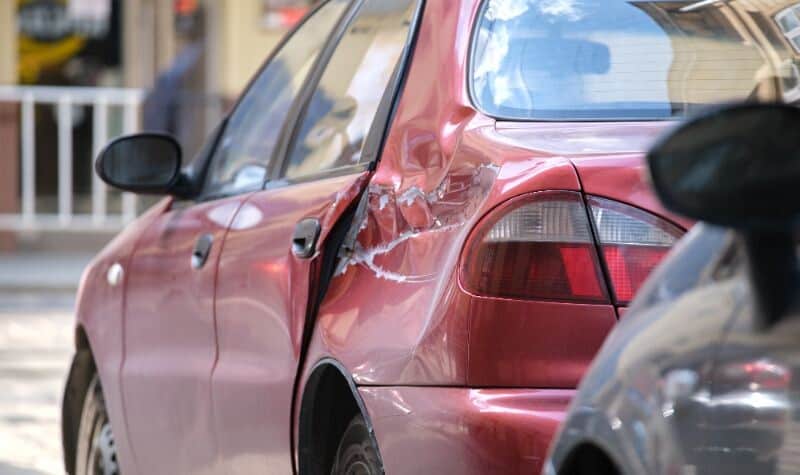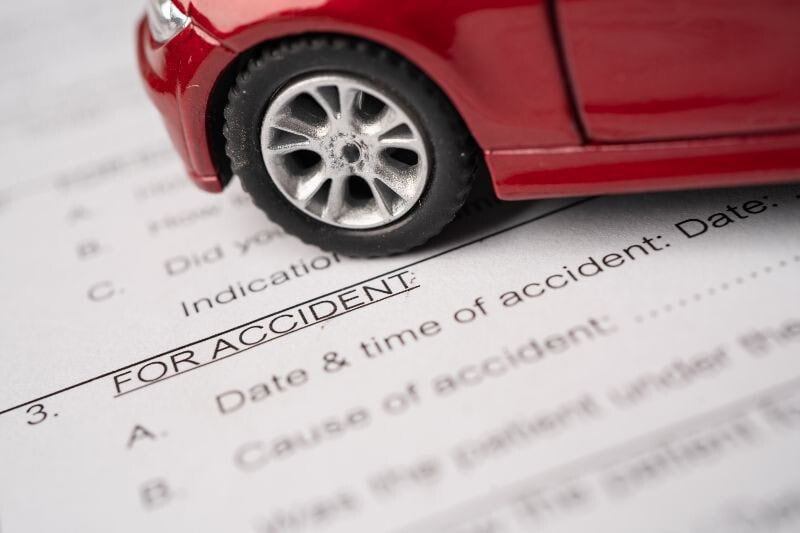Premises liability claims are the most common category of personal injury claims and can happen when a person is hurt while on someone else’s private property. But what should you do if you are hurt while on public property? Can you sue the government for your injuries and damages? The attorneys at the Oberg Law Office go over how premises liability claims against a government agency work and explain why you need to hire a skilled premises liability lawyer for your case.
What Is a Premises Liability Claim?
A premises liability claim is a type of personal injury claim in which a plaintiff gets injured while present on someone else’s property. In Texas, property owners have a duty of care to protect the safety and well-being of guests, visitors, and any person lawfully present on their premises by maintaining a safe environment for everyone. When a property owner acts with negligence and fails to maintain a safe environment, their negligence can result in a hazardous condition that could cause someone to get injured and sustain damages.
Common examples of accidents that may constitute a premises liability claim include slips and falls, dog bites, or injuries resulting from criminal activity due to inadequate security. In these cases, victims may be entitled to seek compensation for medical expenses, lost wages, and pain and suffering.
Who Is Responsible for Your Injuries if You Are Hurt While on Private Property?
If you were hurt while lawfully present on private property, such as a residence or business, the person who owns the property is usually responsible for any injuries that may occur as a result of their own negligent actions. For example, suppose you were bitten by a dog while visiting your neighbor’s house. In that case, your neighbor’s homeowner insurance would likely provide coverage for your damages.
If you were injured while visiting a place of business, the owner of the business would likely be liable for your damages. In this case, their business insurance policy would likely offer coverage for premises liability cases, so you may also need to file an insurance claim to recover compensation. In both cases, you may also be able to file a lawsuit in court if filing an insurance claim is not a feasible option.
What Is Sovereign Immunity, and How Does It Affect My Premises Liability Case?
When you are injured while on public property, such as a government building, a park, or a sidewalk that is maintained by a city or township, the process of filing a premises liability claim may be a little different. If your claim involves a government entity such as the state, a city, town, or county, your claim may be affected by what is called “sovereign immunity.” Sovereign immunity is a legal doctrine that protects governments from being sued unless they waive immunity or agree to be sued. This process is intended as a way of protecting the government from frivolous lawsuits – the idea is that the government should be able to enact laws and make necessary changes to policies without being constantly sued by those who are in disagreement.
In practical terms, what this means is that you can only sue the government if it agrees with the lawsuit. In order to obtain that agreement, you may have to take an extra step before filing your claim to let the government know you intend to sue it. This document is known as “notice of tort claim.” This process usually involves filing a written claim with the appropriate government agency and providing evidence of the injury. You may want to consult an attorney to learn the specific steps required for your case, as each government entity may have different rules and administrative requirements for premises liability claims.
How Much Money Can You Get for Injuries That Take Place on Public Property?
In general, the value of a personal injury case is largely determined by the severity of the plaintiff’s injuries and the extent of their damages. For example, a person who slipped and fell at a retail store and suffered a few bruises and a sprained ankle may likely receive a smaller settlement than a person who suffered more serious injuries, such as a concussion or a traumatic brain injury after a slip-and-fall accident. However, it is worth noting that premises liability cases in which a government entity is the defendant may be subject to damage caps.
If you are suing a government entity for damages resulting from a premises liability accident, the maximum settlement amount you may receive for your claim is $250,000.00 per person or $500,000.00 maximum per event, regardless of whether your actual damages exceed this limit or not.
How Can an Attorney Help Me Recover Compensation for Injuries Sustained in a Public Property?
As explained above, premises liability cases against the government can be a little more complicated, require additional steps and are often subject to different statute of limitations, meaning depending on the government entity you wish to take action against, you may have a limited amount of time to send your notice of intent to sue. By working with an attorney, you can be confident that your case is being handled in the most efficient manner possible and that your chances of receiving fair compensation are increased.
The attorneys at the Oberg Law Office can assist you with a variety of personal injury and premises liability claims. We can handle every aspect of your case, answer your questions and represent your best interests at every step of the way. Contact us at 972-672-9700 to learn more.


